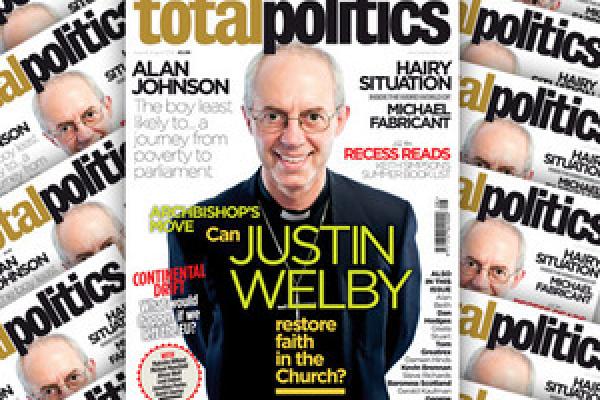Jul 29, 2013
Archbishop of Canterbury Justin Welby said he was embarrassed and irritated following revelations that the Church of England has invested millions of pounds in a company that financially backs England’s leading payday lending company, Wonga.
Welby told the BBC: “We must find out why this happened and then make sure that it never happens again.”
The Financial Times broke the news that the Church of England invested several million pounds in Accel Partners, the U.S. venture capital company that led to the launch of Wonga, which dominates the 2 billion pound payday lending market in England. Wonga charges annual percentage rates of more than 5,000 percent.
Read the Full Article

Already a subscriber? Login
